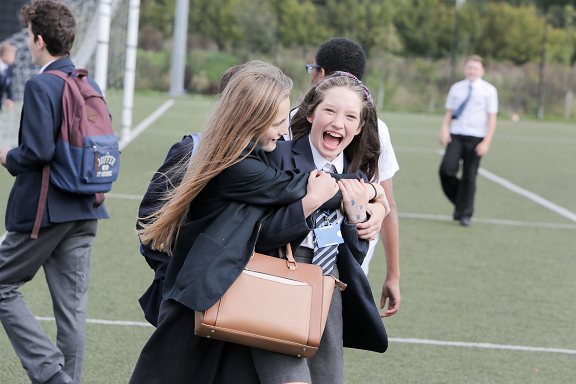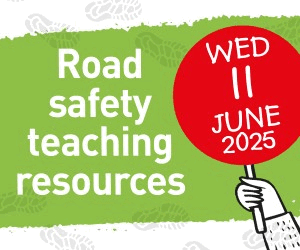Primary Times - the definitive what’s on and where to go family guide of activities and events for children of primary school age. Things to do with your kids during the school holidays including arts and craft activities, music and theatre for children, parties, competitions, days out, and family attractions along with term time drama schools, dance classes, after school clubs and sports activities. Things to do at a place near you!
Anti-Bullying Week 2016
Bullying: What can you do as a parent?
Each November schools across England take part in Anti-Bullying Week, coordinated by the Anti-Bullying Alliance. This year it runs from the 14th – 18th November with the theme Power for Good,  calling on children, parents and teachers to use their power to stop bullying.
calling on children, parents and teachers to use their power to stop bullying.
As a parent or carer you may wonder when to introduce the subject of bullying – you might even have concerns now that your child is being bullied. There are positive steps you can take to support your child:
- Make sure your child knows they can talk to you if they have any worries or concerns.
- Help them to understand the difference between falling out with friends, being a bit mean and signs that they might be experiencing bullying. Bullying is persistent, there’s an intent to cause harm and there’s an abuse of power.
- Recognise signs that your child might be being bullied – these could include a change in behaviour (e.g becoming withdrawn or lashing out), a reluctance to go to school or to usual activities, unexplained illness, lost belongings, torn clothes and even physical injuries.
- Stay calm. Your child might be scared to tell you they’re being bullied in case you get angry and upset. Take time to listen and establish the facts, then ask your child what they want to happen next.
- Support your child to grow in confidence, to make friends in a variety of settings and to take part in activites that build their self esteem. Talk about how they might respond if someone calls them names or tries to hurt them. What could they say back? Who could they go to for help depending on the situation?
- Make sure you’re a good role model. Little eyes are always watching. How we manage conflict in our relationships and how we treat other people has a big impact on our children.
- Find out more. The Anti-Bullying Alliance website has lots more information for parents and carers about bullying, visit www.anti-bullyingalliance.org.uk/anti-bullying-week/info-for-parents-and-carers
For more information on Anti-Bullying Week, including resources for schools, visit www.anti-bullyingalliance.org.uk/anti-bullying-week/
Lauren Seager-Smith, National Coordinator, Anti-Bullying Alliance



